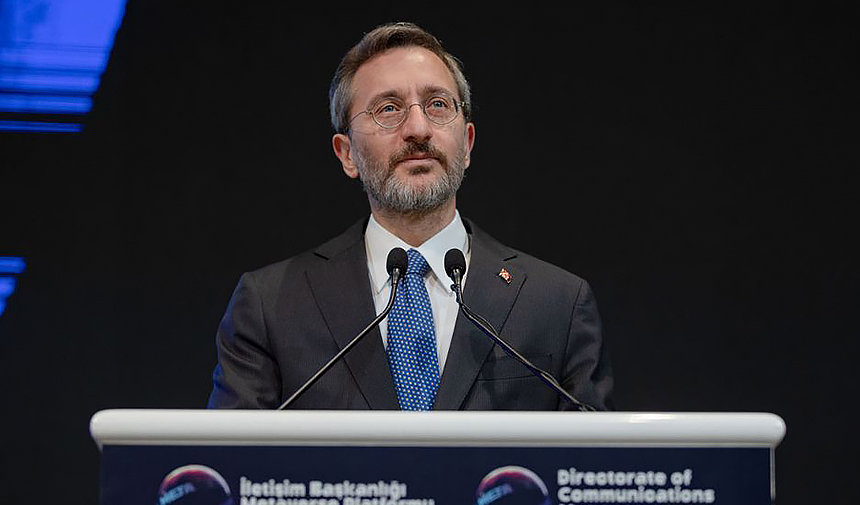Weather forecasting plays an important role in helping people plan their daily lives and is becoming a strategic tool in the fight against global threats such as climate change. While traditional weather forecasting models rely on the experience of meteorologists and computer algorithms, in recent years, the use of artificial intelligence (AI) technologies has transformed weather forecasting.
Artificial intelligence optimizes weather forecasting processes with techniques such as big data analytics and deep learning, increasing forecast accuracy. Thanks to advanced algorithms, meteorologists are able to make more precise and long-term forecasts. AI models have significant potential, especially for understanding complex processes such as climate change and predicting future weather conditions.
The impact of AI on weather forecasting also brings a significant improvement in data collection and processing. A wide range of data, from sensors to satellite imagery, is analyzed by AI algorithms to produce real-time weather information. In this way, emergencies such as sudden weather changes or natural disasters can be managed more effectively.
On the other hand, AI-supported weather forecasting systems also play an important role in sectors such as agriculture, maritime and aviation. While farmers plan planting and planting timings with accurate weather forecasts, mariners determine safe routes and the aviation industry utilizes these technologies to increase flight safety.
Challenges in the development of AI-based weather prediction models include data reliability, model optimization and algorithm complexity. However, these challenges can be overcome with advanced data analytics and continuous learning techniques, and AI-powered weather prediction systems are becoming increasingly common.
As a result, the impact of AI technologies on weather forecasting will help us predict weather events more accurately in the future, allowing us to develop more effective strategies to tackle global challenges such as climate change.



